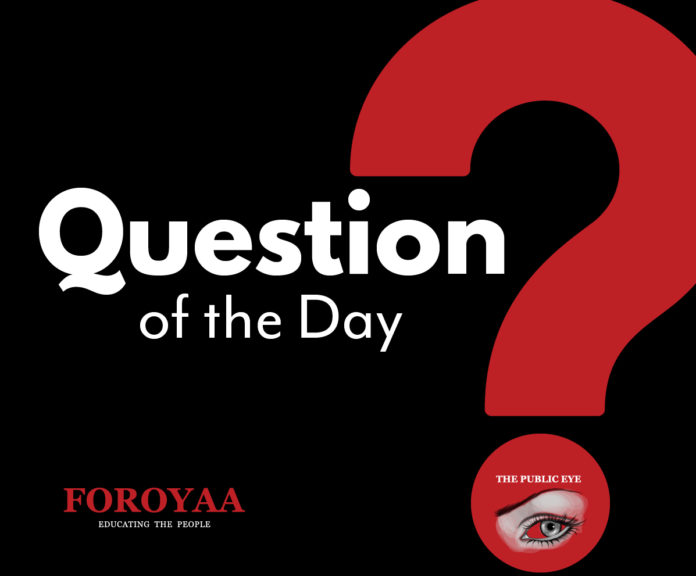According to a press release from the Ministry of Basic and Secondary Education, in line with Basic and Secondary Education Policy, government strictly prohibits the collection and levying of any form of fees in government subvented, grant-aided and recognized madrassas schools.
It is important for the ministry to indicate a breakdown of the policy directives in order to avoid any confusion. A student must have uniform, exercise books, textbooks, learning materials, mathematical set of instruments and so on.
It is therefore necessary for each parent to know where parental responsibility stops and government responsibility starts to meet the needs of students. In the 2024 budget, the amount allocated to basic and secondary education is 4.2 billion dalasi.
Foroyaa will find out whether the sum allocated is enough to cater for free education. Needless to say, Section 30 of the Constitution states:
“All persons shall have the right to equal educational opportunities and facilities and with a view to achieving the full realisation of that right –
(a) basic education shall be free, compulsory and available to all;
(b) secondary education, including technical and vocational education, shall be made generally available and accessible to all by every appropriate means, and in particular, by the progressive introduction of free education;
All persons shall have the right to equal educational opportunities and facilities and with a view to achieving the full realisation of that right –
(a) basic education shall be free, compulsory and available to all;
(b) secondary education, including technical and vocational education, shall be made generally available and accessible to all by every appropriate means, and in particular, by the progressive introduction of free education;….”


















